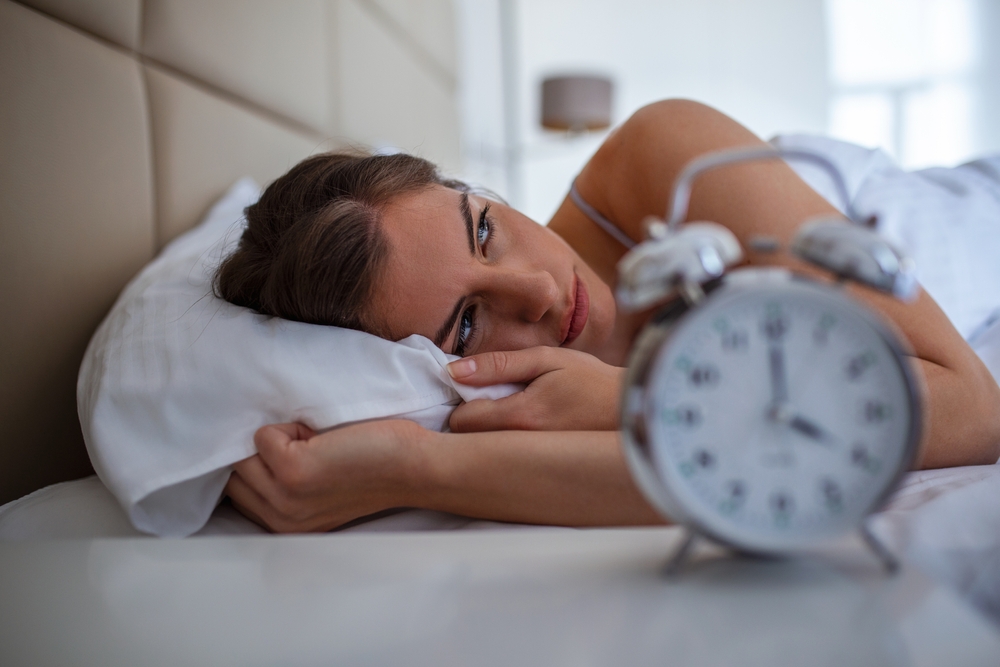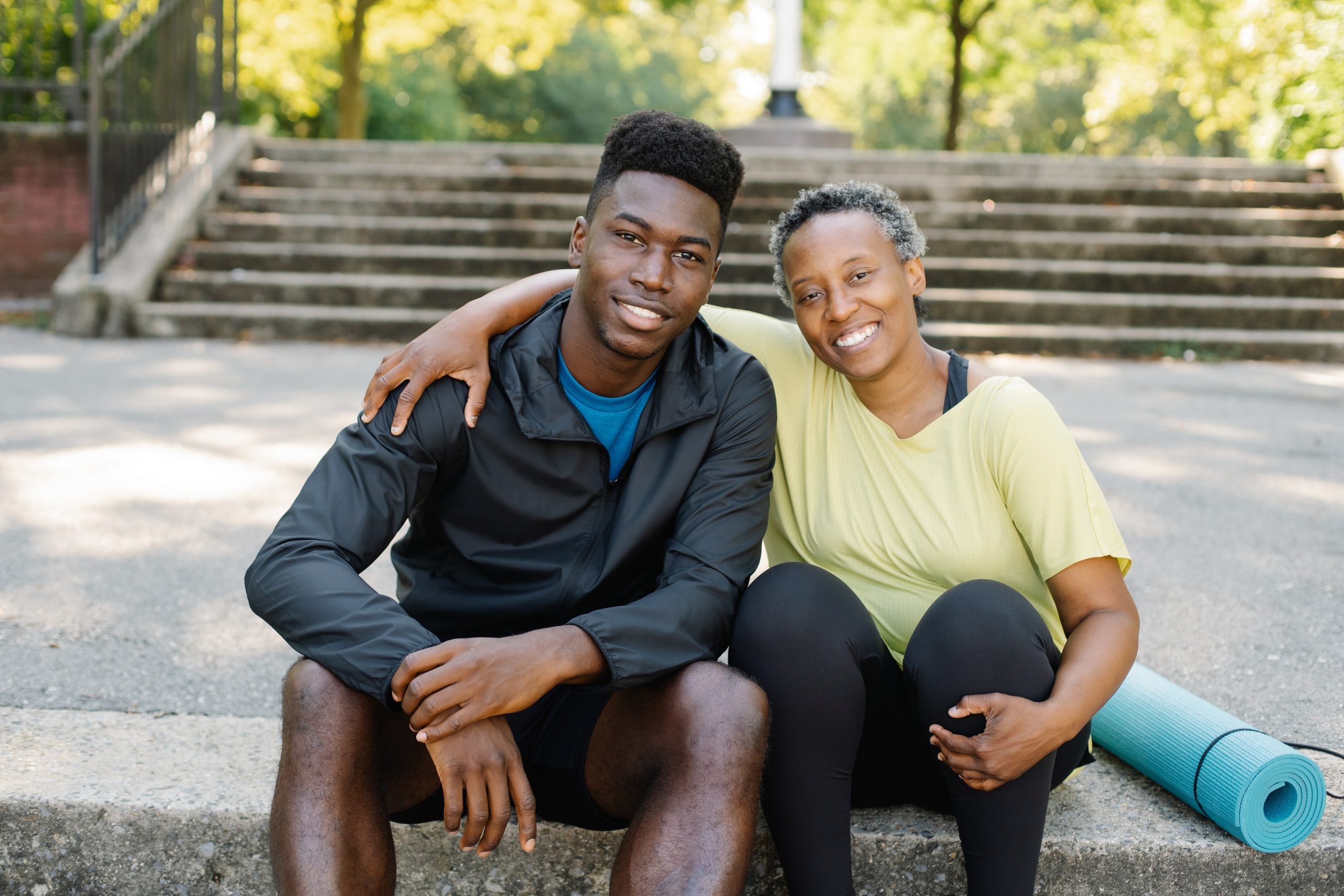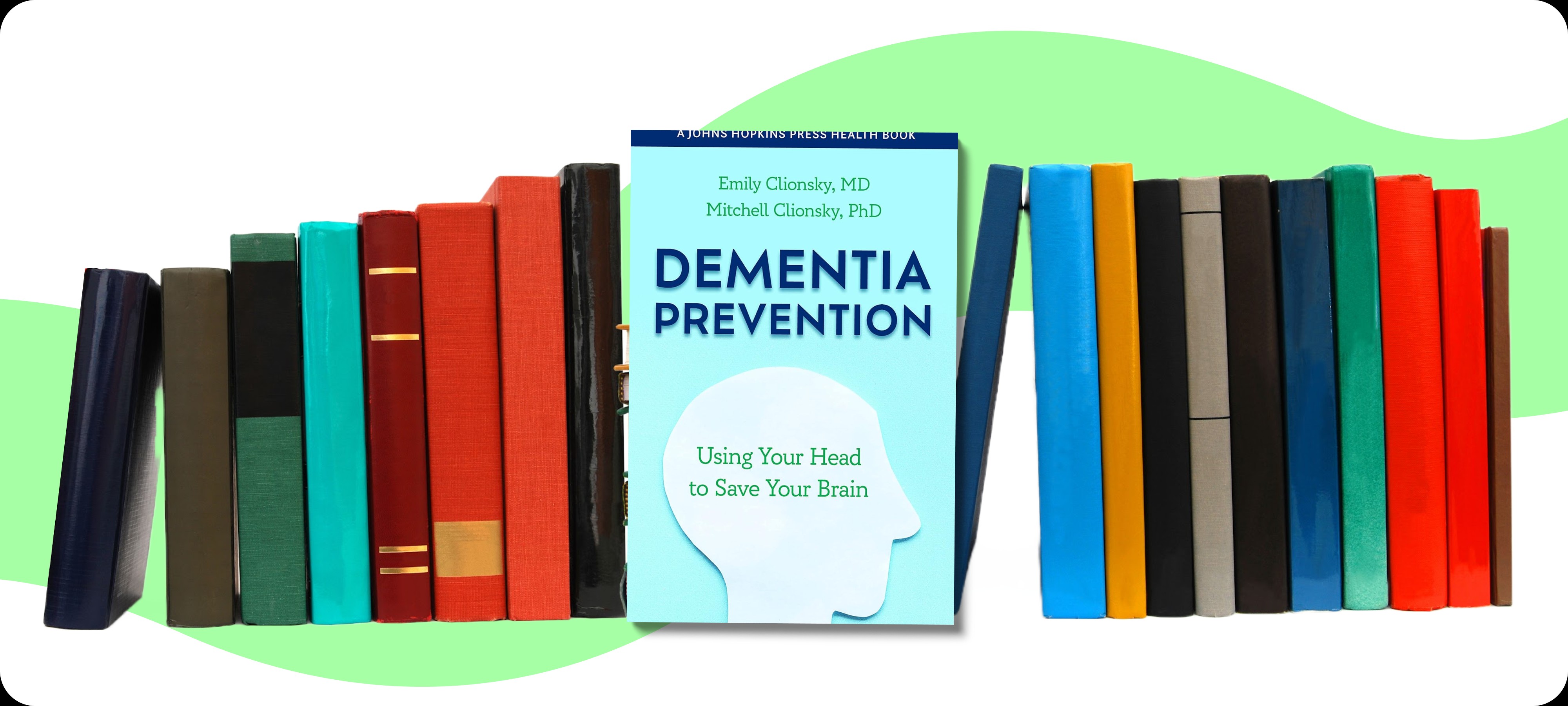Be honest, are you someone who regularly hits the snooze button? If you are, you’re not alone. According to a study published by the Institute of Medicine, a whopping 70 million American adults suffer from some form of sleeping disorder.
In today’s fast-paced society, you’d be hard-pressed to find someone who hasn’t had trouble getting to sleep. Sleep is critical in many areas of our lives, including muscle recovery, strengthening our immune systems and boosting our cognitive health.
Lack of sleep, though, is linked to low productivity, mood swings and even car crashes. Sleep deprivation can also increase the chance of developing depression, obesity and diabetes.
What is a sleep disorder?

Simply put, a sleep disorder is a condition that impacts or hinders your ability to get a good night’s sleep. If not treated, sleep disorders can significantly impact your health, well-being and even longevity.
In the short term, they can affect your concentration while driving; in the long term, they can lead to cognitive decline.
Common signs and symptoms stemming from sleep disorders are:
-
Tiredness
-
Irregular breathing
-
Irregular sleep patterns
-
Restless legs
There are over 70 types of sleeping disorders which are classified into groups that explain either the cause or the effect. Some sleeping disorders, though, are categorised by behaviour such as your sleep cycle, breathing patterns and general health and well-being.
What can cause a sleep disorder?
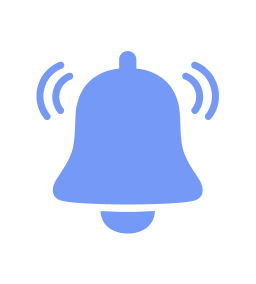
As with most health conditions, there are many underlying causes, and sleep disorders are no different. However, the one common dominator with sleep disorders is the final result, which is an interruption to the natural sleep cycle or ‘circadian rhythm.’
Common factors that can cause sleep disorders:
-
Physical and cognitive
-
Environmental
-
Irregular work hours (night shift)
-
Genetics and older age
-
Certain medications
How do I know I have a sleep disorder?

If you are experiencing any one of the following, you may be suffering from a sleep disorder.
Common signs of a sleep disorder:
-
Sleepy when driving
-
Falling asleep on the sofa
-
Struggling to focus
-
Reduced productivity
-
Others constantly say you look tired
-
Mood swings
-
Always needing to take naps
-
Brain fog and poor memory
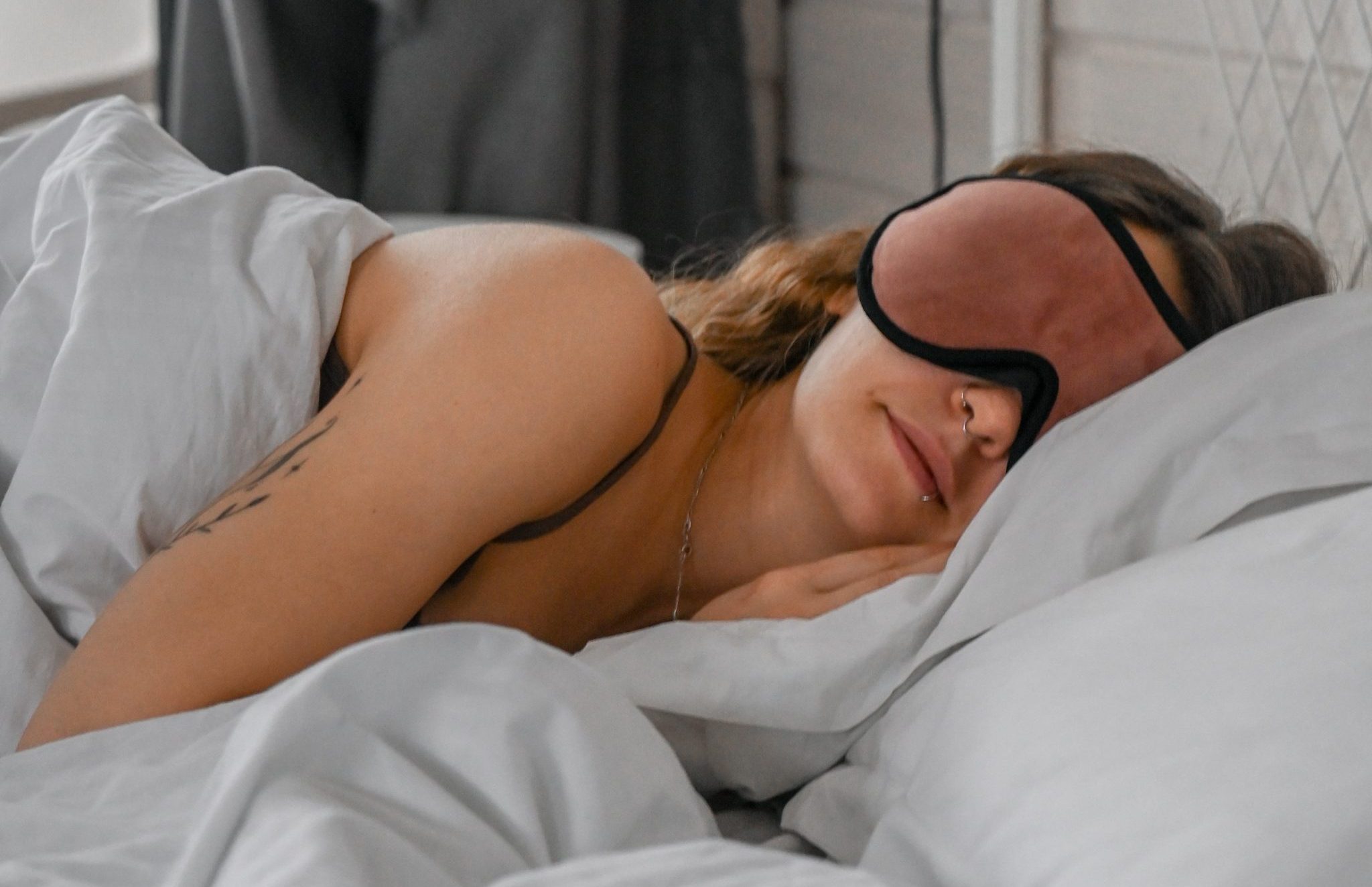
Remember, these are only examples of the many signs and symptoms in which sleep disorders can manifest. As always, we highly recommend seeking the advice of your local healthcare provider for a more thorough examination.
What are some common sleep disorders?

There are currently over 70 sleep disorders, with the vast majority being harmless. The three most common, however, are Insomnia, Sleep Apnea and Restless Legs Syndrome (RLS).
Insomnia
According to the Centers for Disease Control (CDC), “insomnia is characterized by an inability to initiate or maintain sleep, and may also take the form of early morning awakening.”
People with insomnia may also find themselves excessively tired throughout the day, which can negatively affect motor movements such as driving a car or operating machinery.
Generally speaking, medical professionals will rule out factors such as drug use and other illnesses before diagnosing insomnia. One of the most severe types of insomnia is “chronic psychophysiological insomnia,” typically caused by a traumatic event.
Sleep apnea
For most people who live with ‘snorers,’ it’s an annoying habit, but all jokes aside, snoring can be an indication of a sleep disorder known as sleep apnea. Those with sleep apnea typically make ‘snorting’ sounds, interrupting their sleep.
Because their sleep is regularly interrupted, people with sleep apnea also experience tiredness throughout the day, which can lead to severe health conditions like chronic fatigue syndrome.
Obviously, it must be taken seriously when breathing is interrupted while sleeping. If you think you have sleep apnea, please seek advice from a sleep expert.
Restless legs syndrome (RLS)
Although ‘restless legs syndrome’ (RLS) has a quirky name, it’s no joke for those who have it. Those with RLS have aches and pains in their lower legs, with some describing the feelings as a ‘creeping’ sensation.
Five tips for a good night sleep

So, are there any actions you can take to ensure a better night’s sleep? You bet there are. Below are five of the most commonly prescribed expert tips to help you sleep and, more importantly, stay asleep.
1Create a comfortable sleeping environment
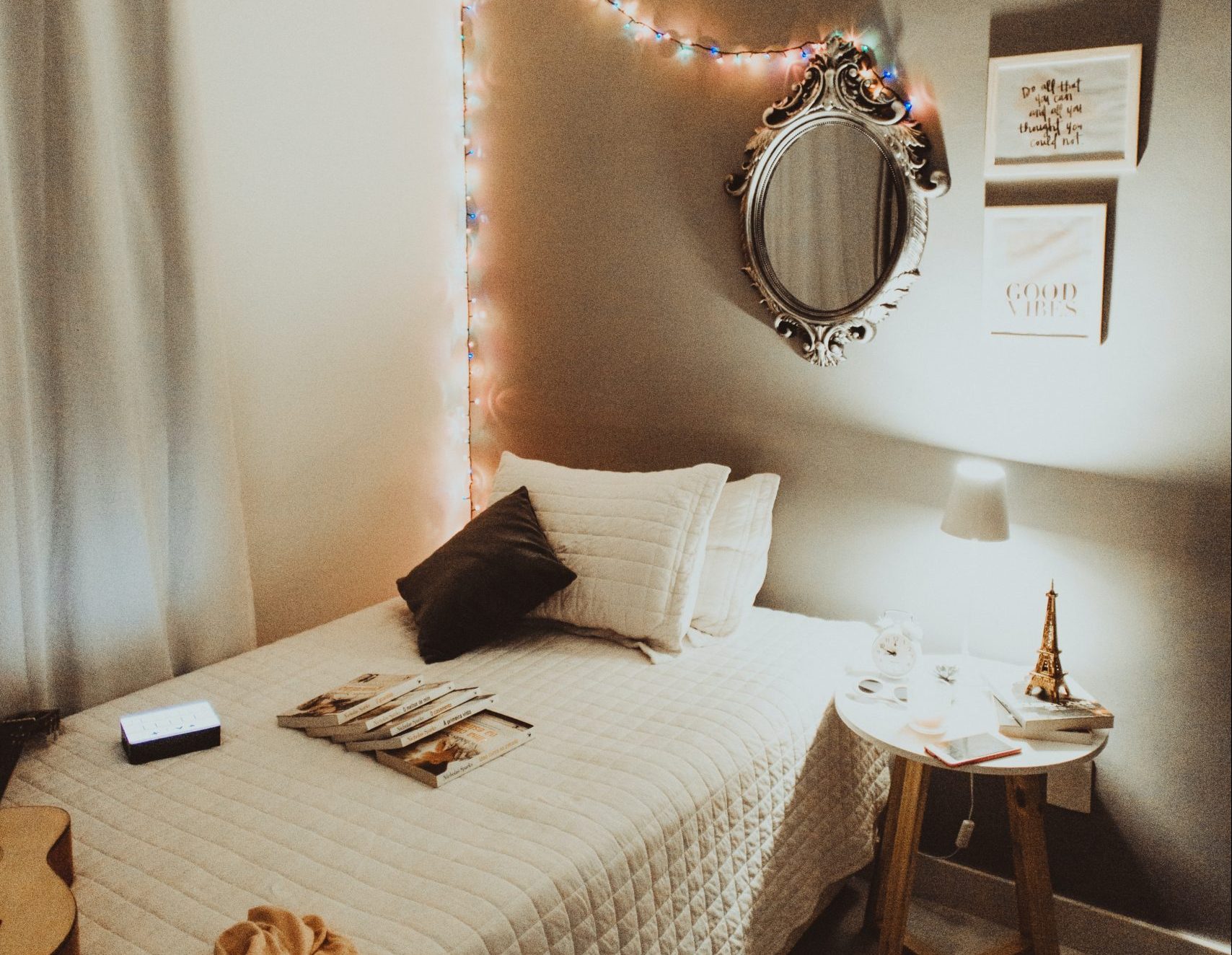
First, invest some time and money into transforming your bedroom into a sleeping oasis. Create a relaxing and soothing environment in which you look forward to sleeping.
Quality bedding, soothing sounds and lovely aromas can help to create a wonderfully cosy atmosphere. Keeping your room dark and turning off your electronic devices is also highly recommended.
2Be positive
Before bed, clear your mind and remind yourself of the things you’re grateful for. Doing this can reduce stress and create a positive mindset when you sleep. Whether you jot them down or say them aloud, being grateful for things in your life can put your mind at ease.
3Get a sleep routine
A sleep routine is one of the most effective ways to help people struggling with a sleep disorder. A sleep routine is a set of “specific actions” you perform at the same time before bed.
It could be taking a warm bath, reading a book or sitting quietly. That’s the beauty of a sleep routine; there are no right or wrong ones. As long as your routine works, that’s the routine for you. No matter how whacky it might be.
4Reduce alcohol, and coffee
Alcohol has been shown to interrupt sleep, so your best bet is to limit or, even better, “eliminate” consumption late in the evening, particularly before bed.
5Your bed is for sleep, not work
Your bedroom is for two things; sleeping and intimacy; that’s it. Too many people spend their time in bed sending emails, doing homework, and even eating. Once your alarm goes, attack the day with a positive attitude; And whatever you do, don’t the snooze button.
Sum it up

Although most sleep disorders are not harmful, in terms of death, they can lead to severe health conditions if not diagnosed and treated. Moreover, they can impact your quality of life and interfere with everyday activities like a day out with family or exercising.
Try investing in quality bedding and limit alcohol intake, especially late in the evening. If you’re still struggling to get a good night’s sleep, seek the advice of a qualified sleep professional.
Happy snoozing!

